Obi could be described as the most daring DIY store operator in Germany. Two years ago, Germany's largest DIY store group discontinued print advertising in Germany and Austria – for competitors, the main medium for communicating offers.
Reactions to the announcement in June 2022 were correspondingly mixed. They fluctuated between incredulous amazement and (presumably feigned) pity. How could a thoroughly professional organization like Obi go so far astray and fall for the deception of a supposedly trendy short-term trend? Was it a panic attack due to the enormous increase in paper prices at the time, or the arrogance of nerdy young managers seeking salvation in the digital world?
None of the above. Christian von Hegel, now Senior Vice President Marketing & Retail Media at Obi, was in charge of corporate marketing at the time the decision was made, and he says: “More than ten years of analysis stand behind it.” It wasn't a spontaneous decision – but it was a quick one: the topic came up on a Thursday because of paper prices, which had risen by 16 percent in the first quarter and by 36 percent in the second compared to the previous quarter; they were expected to rise by another 50 percent in the third. Five days later, the decision to stop printing was made. “We were incredibly sure that it wouldn't backfire on us.” They didn't rely on myths, but on numbers.
After all, Obi didn't just deal with this in those five days, but has been doing so since 2012. At that time, the head office launched the “Beyond the leaflet” project together with McKinsey. Hegel, who holds a doctorate in economics, joined Obi a year later to head the Commercial Analysis department. He still sees himself as a scientist who has to work with statistically clean data.
As part of the project, the analysis of the impact of inserts, which has been running since 2007, was statistically refined again. The result: only 5 percent of customers come to the store because of the insert, and only 2.5 percent buy something because of it.
In the eyes of Christian von Hegel, the error of looking at the wrong key figure when assessing the effect of an advertising supplement on sales is at least as serious: the so-called advertising turnover. This is the turnover generated by the items in the supplement – in other words, items that are cleverly selected seasonally and are included in the supplement for precisely this reason.
Actually, this is a circular argument. But the marketing people at Obi have also…

 Menü
Menü




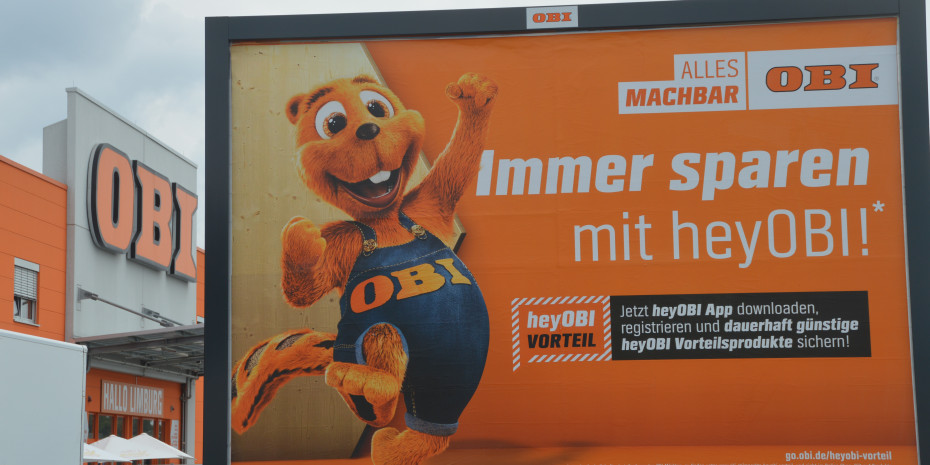

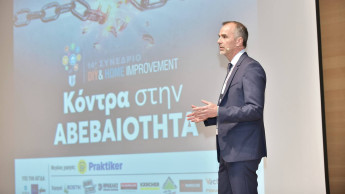

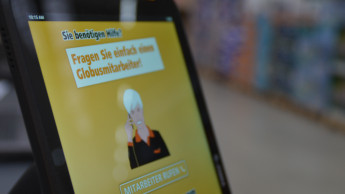
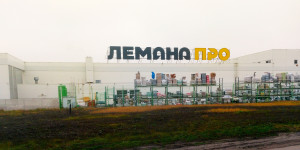


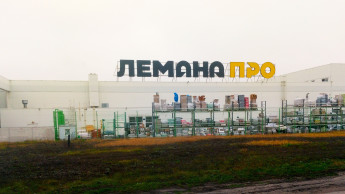
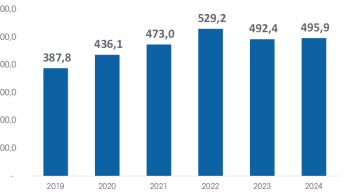
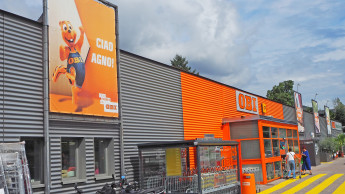
 Newsletter
Newsletter